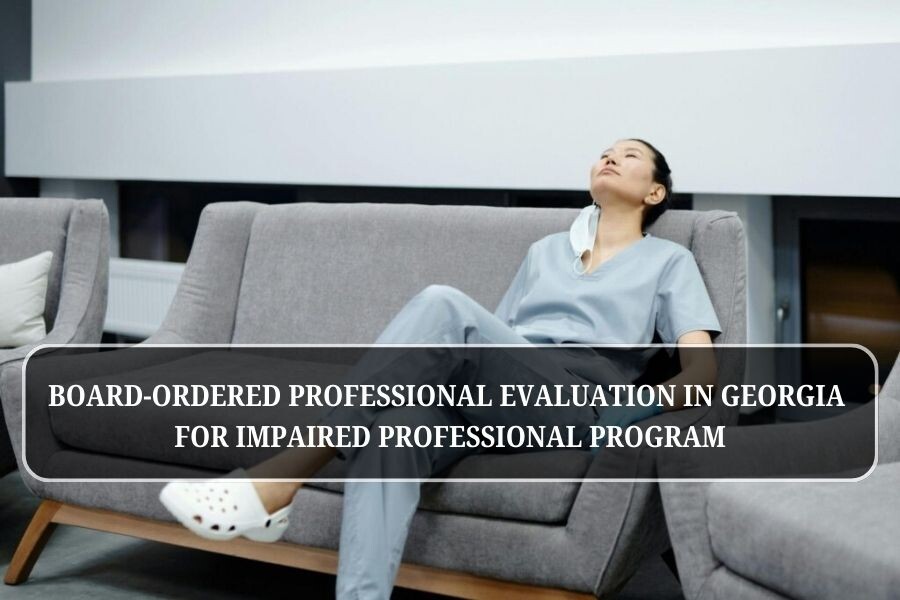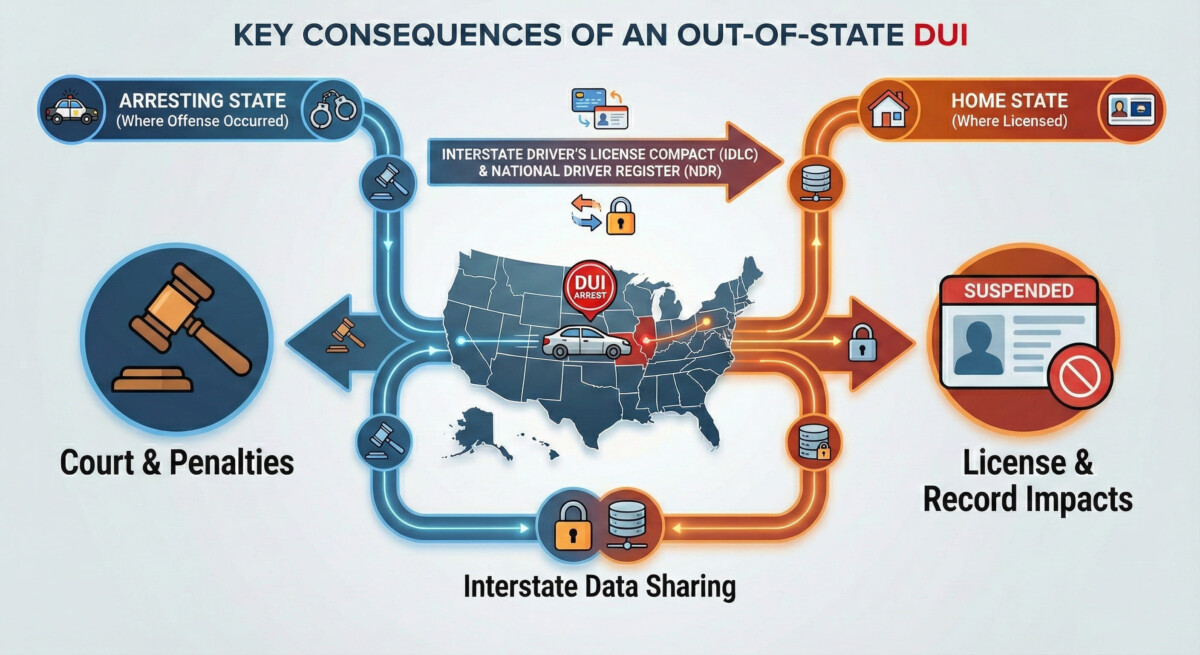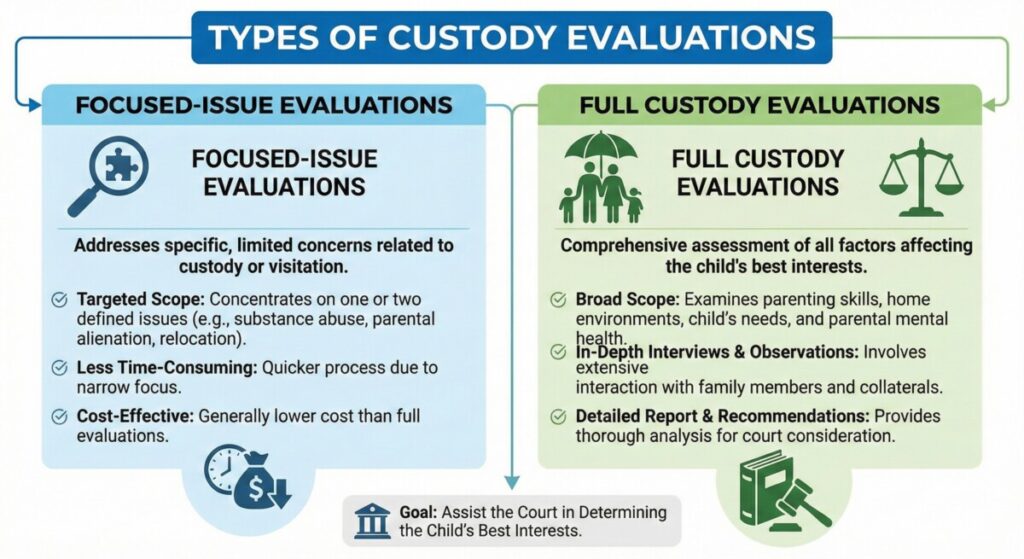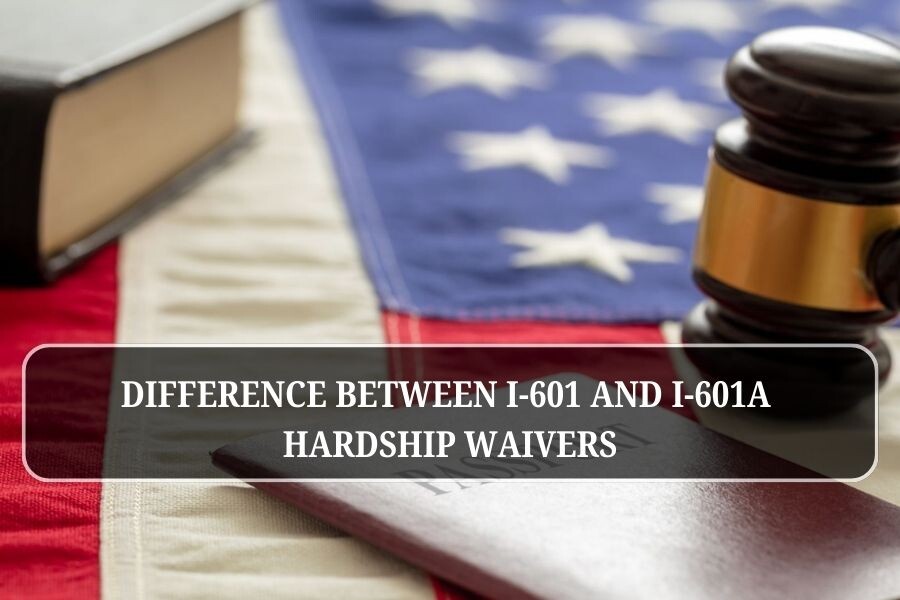Introduction: Why the 2026 Clearinghouse Update Matters
The FMCSA Drug & Alcohol Clearinghouse continues to evolve, and the 2026 update brings new reporting features, enhanced compliance tracking, and stricter visibility of SAP results on a driver’s record.
For CDL drivers, employers, and owner-operators, understanding the DOT Clearinghouse 2026 Update: How SAP Results Affect Driver Records is critical. Your SAP status now affects hiring eligibility, insurance approval, safety history, and long-term employment visibility.
This guide breaks down exactly how SAP results appear in 2026 and what drivers need to know to protect their records.
How SAP Results Affect Driver Records in the 2026 Clearinghouse Update
1. SAP Results Are More Visible to Employers Than Ever Before
In 2026, the Clearinghouse has expanded the visibility of SAP progress for employers conducting:
- Pre-employment queries
- Annual limited queries
- Full record checks
- Post-violation tracking
Employers can now see:
- Initial SAP Evaluation completed
- SAP-recommended treatment or education plan
- Follow-up evaluation results
- Return-to-Duty eligibility
- Follow-up testing schedule assigned by SAP
This transparency makes it easier for carriers to verify compliance—and harder for drivers to hide any incomplete SAP steps.
2. SAP Completion Status Directly Impacts Driver Hiring Eligibility
Under the 2026 rules:
- Drivers listed as Prohibited cannot be hired
- Drivers with SAP Initiated but Not Completed are still ineligible
- Drivers with SAP Completed + RTD Negative Test become eligible
- Drivers who miss follow-up tests may be marked non-compliant again
This means a driver’s record must show full SAP compliance to unlock CDL job opportunities.
3. SAP Reports Are Permanently Stored for at Least 5 Years
The 2026 update did not shorten the reporting period. SAP-related records remain visible for:
- 5 years, OR
- Until all follow-up tests are completed (whichever is longer)
SAP results displayed include:
- SAP initial assessment
- Recommendations
- Compliance verification
- RTD test result
- Follow-up testing plan
Nothing is removed early unless all follow-up requirements are fully satisfied.
4. Owner-Operators Face Stricter Digital Monitoring in 2026
For owner-operators, the Clearinghouse now automatically checks for:
- SAP plan completion
- Follow-up testing compliance
- Employer role accuracy
- C/TPA enrollment verification
If driver records show missing information, the system can flag non-compliance instantly, making it harder to remain active without completing SAP requirements.
5. SAP Progress Is Now Connected to Insurance and Safety Scores
One major change in 2026 is expanded data sharing between:
- Insurance underwriters
- Safety monitoring platforms
- Carrier compliance systems
- SAP results can affect:
- Driver insurability
- Carrier premiums
- Employment risk scoring
- Internal fleet safety rankings
Completing SAP quickly and maintaining clean follow-up tests has become more beneficial than ever.
6. Missed Follow-Up Tests Are Automatically Reported
One of the biggest updates of 2026 is automatic follow-up test non-compliance alerts.
If a driver misses:
- A required random test
- A scheduled follow-up test
- A SAP-assigned test window
The Clearinghouse may re-list the driver as “Prohibited” until the issue is resolved.
This protects carriers but means drivers must stay extremely vigilant.
7. SAP Results Can Strengthen a Driver’s Record—If Managed Correctly
While violations remain visible, completing SAP requirements offers significant benefits:
- Shows rehabilitation and compliance
- Builds trust with employers
- Improves insurance acceptance
- Demonstrates responsibility and safety commitment
- Helps drivers re-enter competitive CDL positions
Carriers in 2026 often view SAP-compliant drivers more favorably than drivers who ignore violations.
2026 Clearinghouse Update: New Additions Affecting SAP Cases
✔ Expanded Digital Tracking
RTD progress, treatment milestones, and test results are tracked more clearly.
✔ Faster Employer Notifications
Carriers receive instant updates on SAP progress.
✔ Improved Verification Tools
New employer dashboards streamline compliance review.
✔ New Automated Compliance Flags
Missing follow-up tests are flagged quickly.
✔ Increased Accuracy Requirements for Employers & C/TPAs
Penalties apply for incorrect status management.
How Drivers Can Protect Their Clearinghouse Record in 2026
✔ Start the SAP program immediately after a violation
Delaying increases visibility gaps and compliance risks.
✔ Work with a DOT-qualified SAP who uploads reports quickly
Slow reporting creates compliance issues.
✔ Follow the SAP plan exactly as prescribed
No missed sessions, no skipped tasks.
✔ Stay compliant with every follow-up test
Missing even one test can reset your status.
✔ Check your Clearinghouse record regularly
Verify all updates are accurate.
✔ Keep your employer or C/TPA informed
Smooth communication prevents delays.
What Carriers Look for in Driver Records (2026)
Employers hire more confidently when driver records show:
- Completed SAP initial assessment
- Completed SAP recommendations
- Negative RTD test
- Follow-up testing plan assigned
- Ongoing test compliance
- No outstanding violations
A clean post-SAP history significantly improves hiring chances.
Conclusion
The DOT Clearinghouse 2026 Update: How SAP Results Affect Driver Records shows just how important proper SAP compliance has become. Your SAP results now influence:
- Hiring eligibility
- Insurance approval
- Long-term CDL record visibility
- Return-to-duty timing
- Safety and compliance rankings
Drivers who complete SAP requirements promptly and maintain clean follow-up testing can rebuild their records and re-enter the trucking industry with confidence.
AACSCounseling.com provides fast, reliable, DOT-compliant SAP Evaluations that help drivers stay fully compliant with 2026 Clearinghouse rules.













